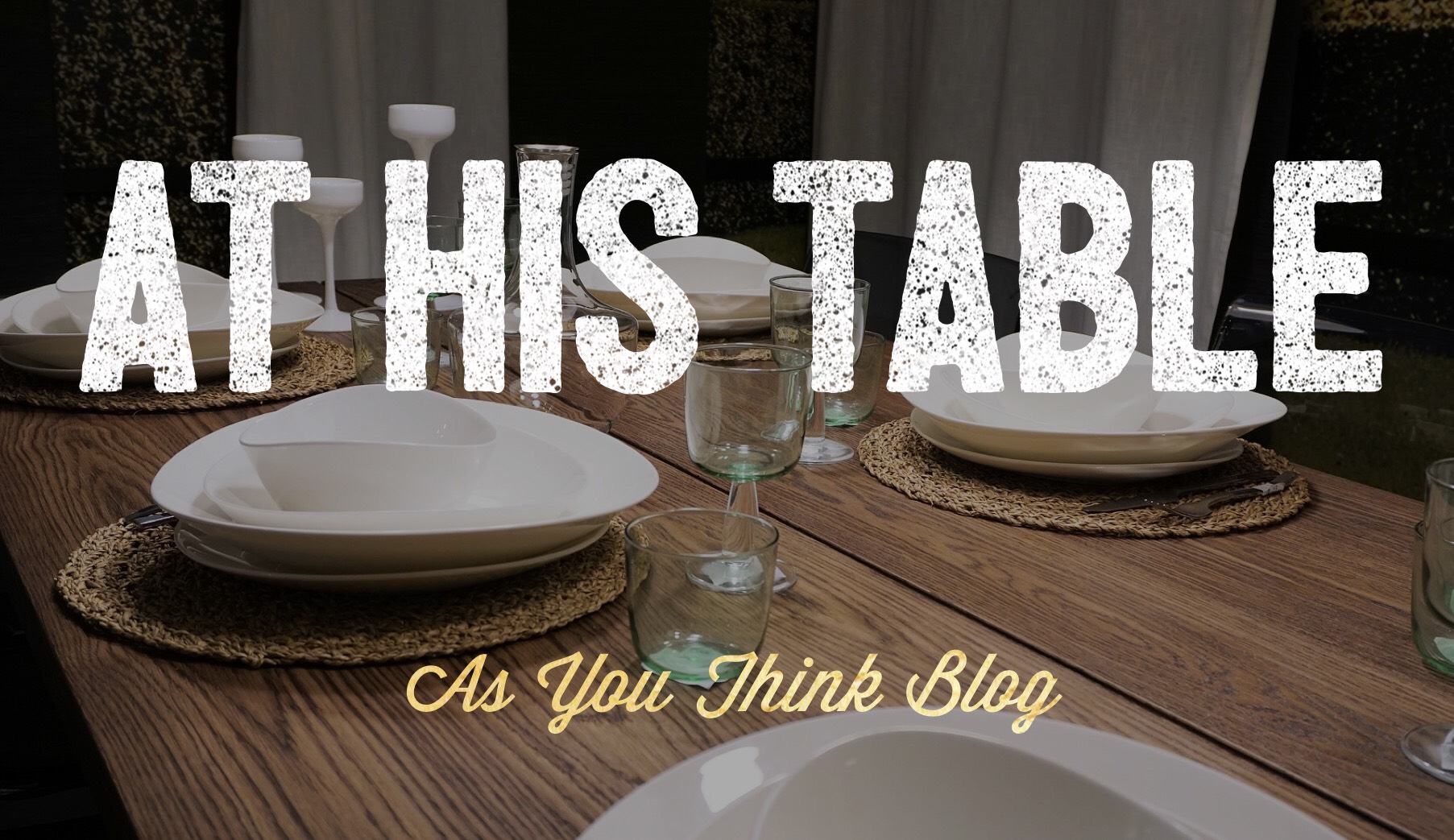 I sit down to write this blog, I just spent the past 20 minutes reading a back-and-forth debate over the kingdom of God and politics on Facebook. Who won the debate? Nobody. In fact, I can’t recall any of these discussions (for lack of a better word), no matter how eloquent, where one party suddenly said, “Wow, now I see where you’re coming from and you are right! I’ve completely changed my mind now! No, it’s usually the opposite – we just become more polarized and hardened in our position.
I sit down to write this blog, I just spent the past 20 minutes reading a back-and-forth debate over the kingdom of God and politics on Facebook. Who won the debate? Nobody. In fact, I can’t recall any of these discussions (for lack of a better word), no matter how eloquent, where one party suddenly said, “Wow, now I see where you’re coming from and you are right! I’ve completely changed my mind now! No, it’s usually the opposite – we just become more polarized and hardened in our position.
One particular trend I have noticed is what I call the “gotcha” culture. It’s where certain people feel the need to point out and publicize the errors (or perceived errors) of others. It’s like leaven in the bread of social media these days. Somebody’s secret sin gets exposed and we want to make sure the world knows about it. There are even certain news organizations that will throw a catchy headline out there, true or not, just to get your attention. “Shocking Secret Affair Exposed.”
I’ve fallen for it. You may have too. This is nothing new. It has been around since the early days of man. In the ninth chapter of Genesis there is the account of an incident involving Noah and his sons. After the waters form the great flood had receded, Noah settled down, became a farmer, and planted a vineyard. One day when he drank the wine, he became drunk and was laying naked in his tent. His youngest son, Ham, saw his father naked and told his brothers outside. His two brothers, Shem and Japheth, took a garment, laid it on both their shoulders, and went backward and covered their father’s nakedness. As they did, they looked away and did not see their father’s nakedness. It goes on to say that when Noah woke up and knew what his son had done, he pronounced a curse on Ham’s descendants.
So why was this such a big deal?
There was obviously something in Ham’s heart that wanted to expose his father and make him shameful in the eyes of his brothers. In doing so, he dishonored his father. Honor is a big deal to God.
Unfortunately, we live in a culture that puts a high premium on shame. Just stand in line at your local grocery store and look at the scandalous headlines on the gossip publications. It sells. Great delight is taken in somebody’s failure being exposed.
And of course, let’s not forget the woman caught in adultery who was brought to Jesus. We all know how that story ended.
Love covers.
One son wanted to expose his father, bringing shame upon him. The other two sons loved him enough to cover him.
My wife loves me and I love her. There are things we both know about each other that we could tell others, thus exposing one another and ultimately destroying each other with shame. We choose not to do that because we choose love instead. There are things I know about some of you. I could easily destroy your reputation.
Love protects.
Obviously, I don’t love you at the same level I do my wife, but what if we, who call ourselves brothers and sisters, loved enough to cover one another up?
Hatred stirs up strife,
But love covers all sins.
Proverbs 10:12
And above all things have fervent love for one another,
For love will cover a multitude of sins.
1 Peter 4:18
Here are three things I believe will help us to walk in love toward someone who has been exposed:
- Pray for them. In secret!
- Cover them. If they’ve been exposed and shamed, then you be the one to walk backward and cover them up.
- Ask God if you’re the one who should restore them. There is a proper way to do this: Live creatively, friends. If someone falls into sin, forgivingly restore him, saving your critical comments for yourself. You might be needing forgiveness yourself before the day’s out. Galatians 6:1 MSG
Let’s create a culture of love.
Love,
Kevin



